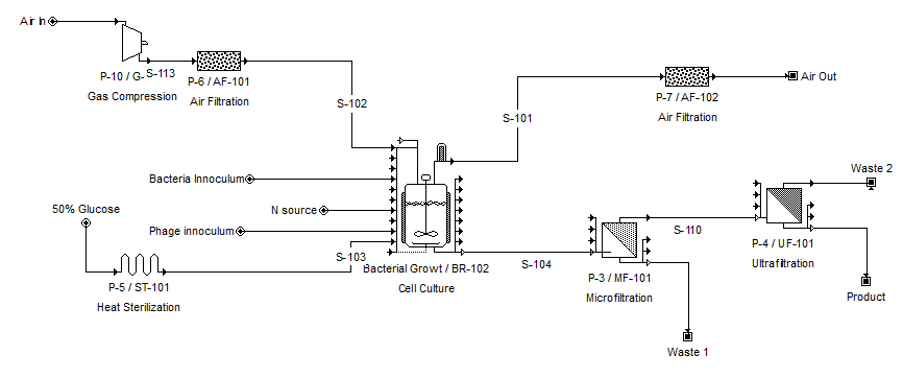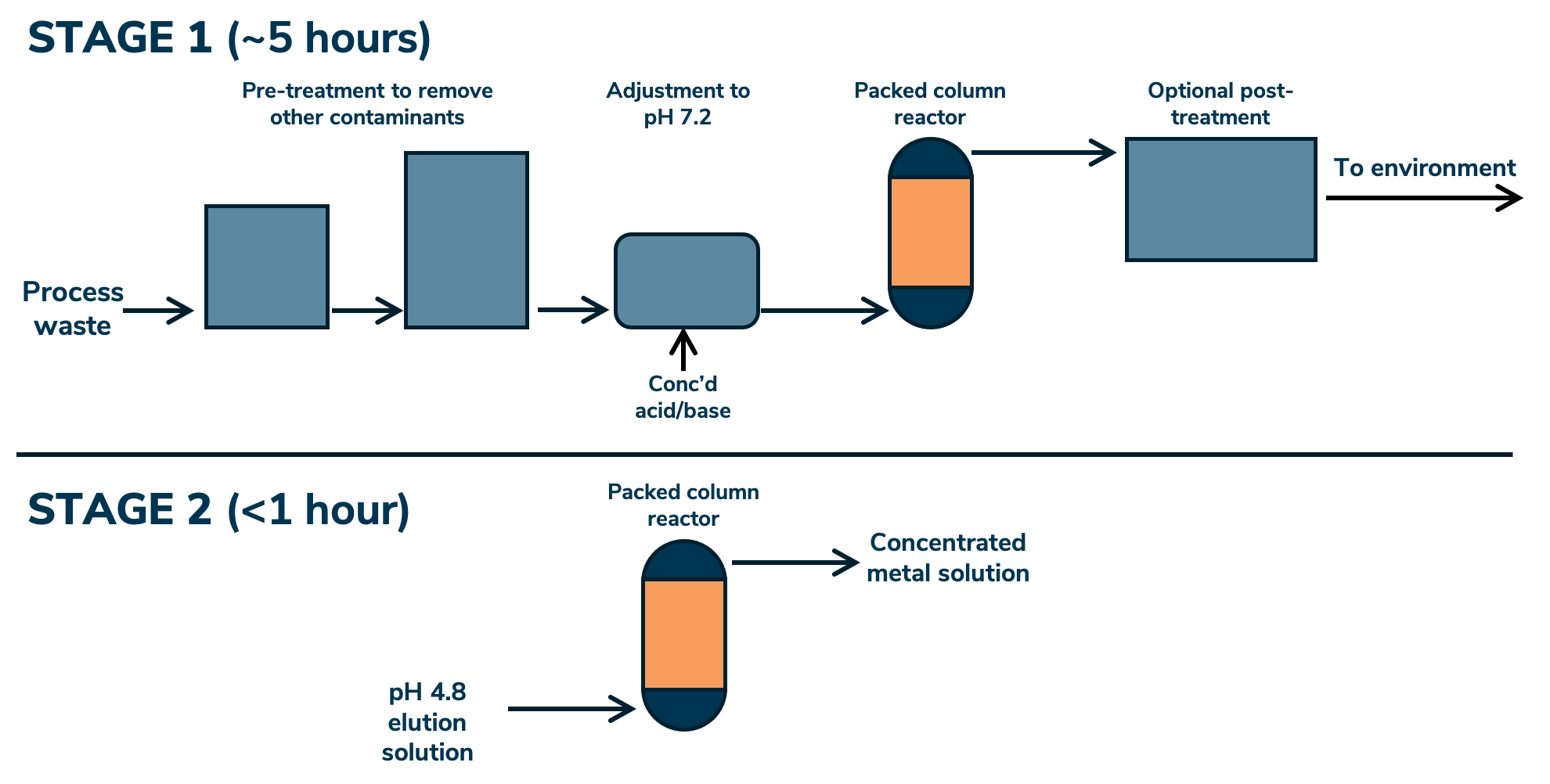What iGEM Village will you join this year? Have you considered Industrial Scale-Up?
Scaling production from the research bench up to industrial scale is no small task. Many iGEM teams focus on engineering biological systems for producing valuable compounds, or addressing environmental challenges, or developing novel diagnostic tools, biosensors, or therapeutic solutions. Yet, all of these promising innovations and proofs-of-concept require industrial scale-up in order to become economically viable, real-world applications.
Industrial scale-up helps bridge the gap between laboratory experiments and real-world implementation by addressing technical, economic, and practical challenges. Because industrial scale-up will require significant innovations if synthetic biology is to continue being a game-changing industry, the iGEM Competition has an entire Village dedicated to the challenges of industrial scale-up.
The Challenges of Industrial Scale-Up
Some of challenges associated with industrial scale-up in synthetic biology include:
Process optimization
When scaling up a synthetic biology process, various factors such as temperature, pH, nutrient availability, and mixing efficiency must be considered. Small variations that were negligible at the laboratory scale can have significant impacts on productivity and product quality when scaled up.
Strain stability
Ensuring the genetic stability and reproducibility of engineered strains is a major challenge in scale-up. The genetic modifications introduced in the laboratory may not behave consistently under large-scale conditions. Genetic mutations, loss of plasmids, or changes in metabolic pathways can occur, leading to reduced yields or loss of desired characteristics.
Cost considerations
Scale-up often involves significant investments in infrastructure, equipment, and resources. The cost of raw materials, energy, and waste management also may change as the scale of production increases. Minimizing costs without compromising product quality is a major challenge in industrial scale-up.
Upstream and downstream processing
Developing efficient and cost-effective methods for both upstream and downstream processing can be technically demanding and require extensive optimization. Upstream processes include strain cultivation, nutrient supply, and bioreactor design, while downstream processes involve recovery and purification of biosynthetic products.
Project Inspiration
For inspiration, check out these iGEM teams that tackled industrial scale-up challenges in their projects:
Binanox
Leiden 2022 (Netherlands) – developed and iteratively tested a model to gain insight into how synthesis conditions affect the absorption spectrum of nanoparticles, and determined the optimal synthesis conditions for biomanufacturing nanoparticles for use as a highly targeted, less invasive, and tunable cancer treatment. Gold Medalist, Winner Best Supporting Entrepreneurship and Safety & Security Award; Nominated for Best Measurement and Best Model, Overgrad Division.
AbDEN
IISER-Pune2_India 2022 (India) – detailed the challenges and possible alternative chassis and vectors for downstream production and purification of engineered antibodies, and compiled a battery of assays to aid in approving the antibodies for treating Dengue fever, a mosquito-borne viral disease. Gold Medalist, Nominated for Best Supporting Entrepreneurship and Best Therapeutics Project, Undergrad Division.
Angel Roots
Technion-Israel 2022 (Israel) – developed a fermentation model to predict optimal conditions for large-scale biomanufacturing of their target metabolite, decursin, to treat chemotherapy-induced alopecia. Gold Medalist, Top Ten, Winner Best Biomanufacturing Project, Overgrad Division.
Synbiofoam
FCB-UANL 2021 (Mexico) – designed a large-scale facility for industrial production of synbiofoam, their biological alternative to pollutant firefighting foam, and estimated both capital and production costs for the production process. Gold Medalist, Nominated for Best Supporting Entrepreneurship, Safety and Security Award, Undergrad Division.
PsiloAid
SDU-Denmark 2021 (Denmark) – outlined the steps from laboratory to industrial, bioreactor scale production of psilocybin for treatment of depression, and obtained data supporting the first two steps of this process. Gold Medalist, Nominated for Best Supporting Entrepreneurship and Best Manufacturing Project, Overgrad Division.
Synbactory
IISER-Pune-India 2021 (India) - detailed the challenges for scaling up production of biobutanol, a sustainable alternative to carbon-emitting petrochemicals, using bacterial co-culture in a photobioreactor based on data from expert interviews and literature research. Gold Medalist, Nominated for Best Manufacturing Project, Undergrad Division.
PHOCUS
Bioprocess of PHOCUS including upstream processing, phage production and downstream processing. Team TUDelft 2020.
TUDelft 2020 (Netherlands) - designed a manufacturing facility for large scale production of PHOCUS, a biopesticide to control the desert locust crisis, and identified challenges in bacterial growth, phage production and downstream processing. Gold Medalist, Winner Best Food and Nutrition Project, iGEMers Prize, Safety Commendation, Overgrad Division.
Remine
Waterloo 2020 (Canada) - designed and scaled a packed column reactor suitable for treating copper-containing wastewater from a semiconductor manufacturing facility, using data obtained from stakeholder interviews and literature research. Gold Medalist, Nominated for Best Manufacturing Project, Undergrad Division.
A schematic of Team Waterloo 2020’s packed column reactor’s proposed implementation and operation schedule.
Industrial scale-up is crucial for synthetic biology to move from the lab bench into the real world, and there are many challenges for industrial scale-up that are awaiting the bright, creative, innovative minds and hands of iGEM teams.
When you are thinking about which iGEM Village to join this year, we hope you will consider Industrial Scale-up!
Be sure to submit your iGEM Village choices by June 29, 2023! competition.igem.org/deliverables/village-selection
Also related: Biomanufacturing Village
Cover Photo by Crystal Kwok on Unsplash












